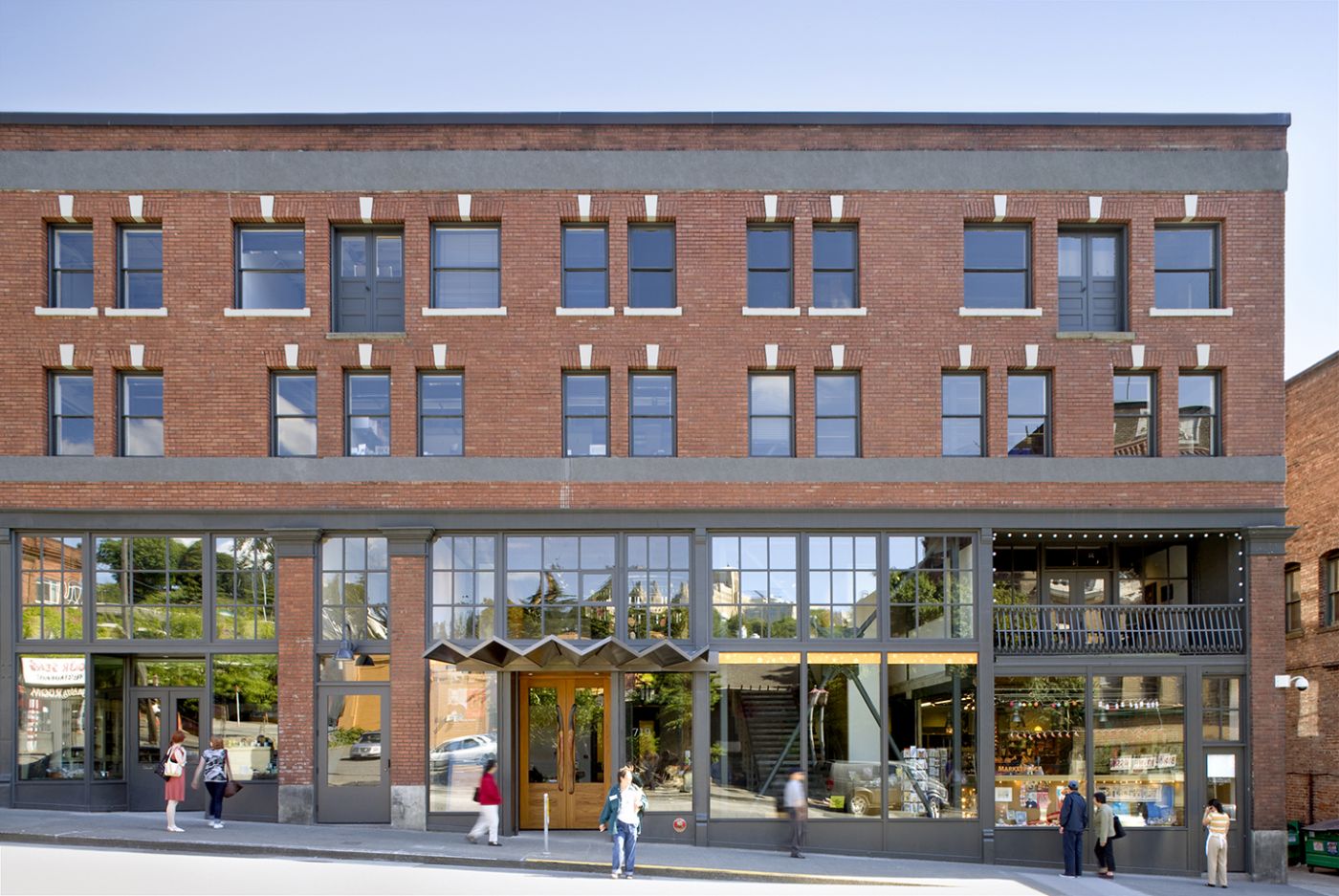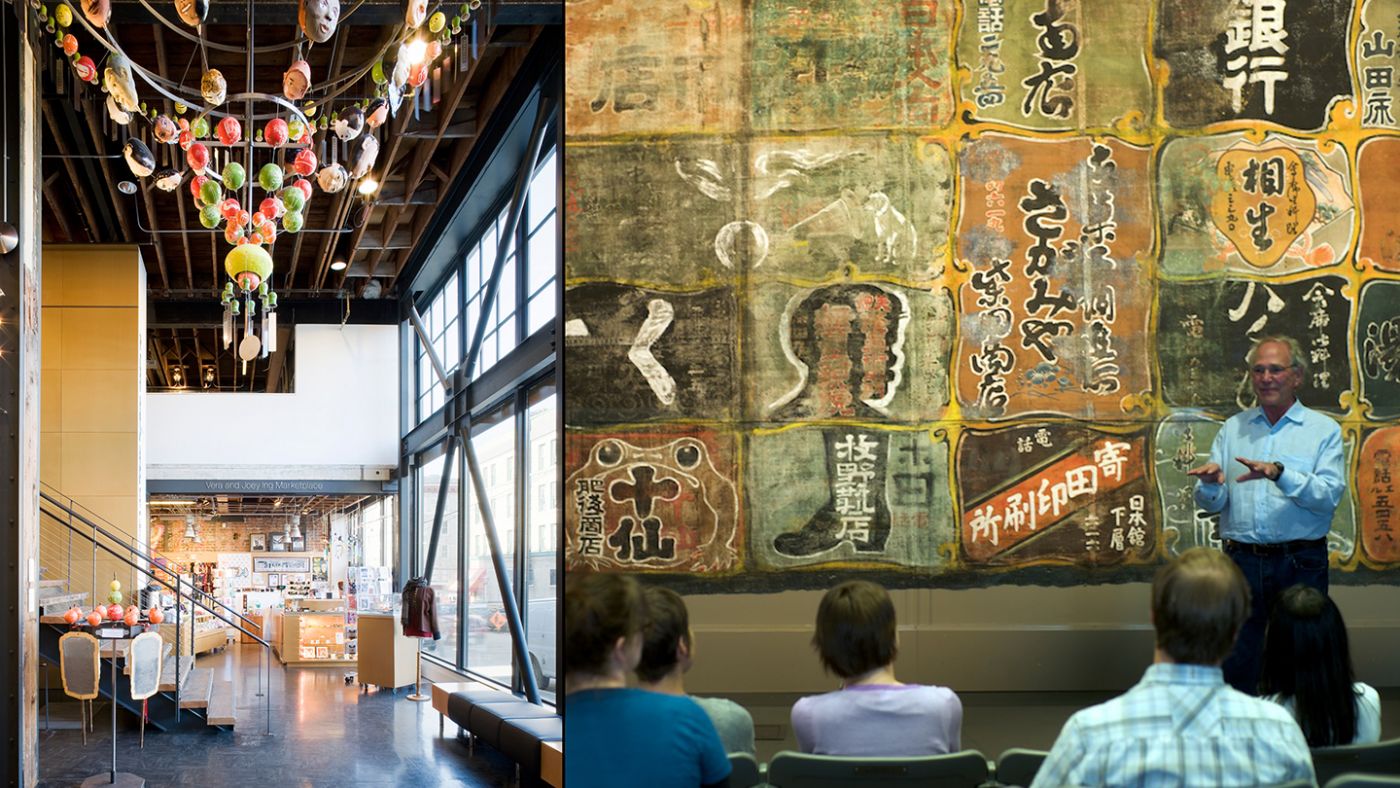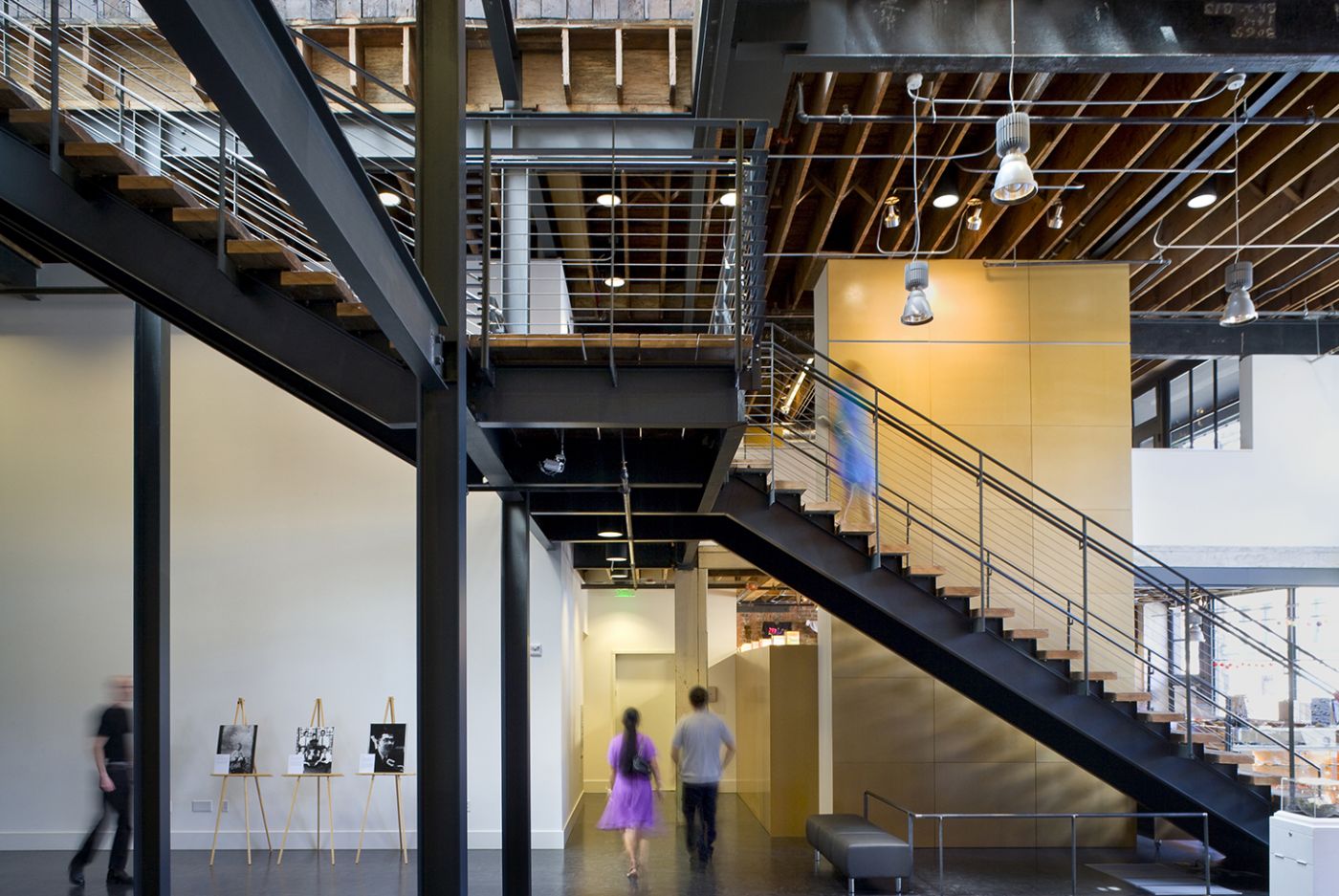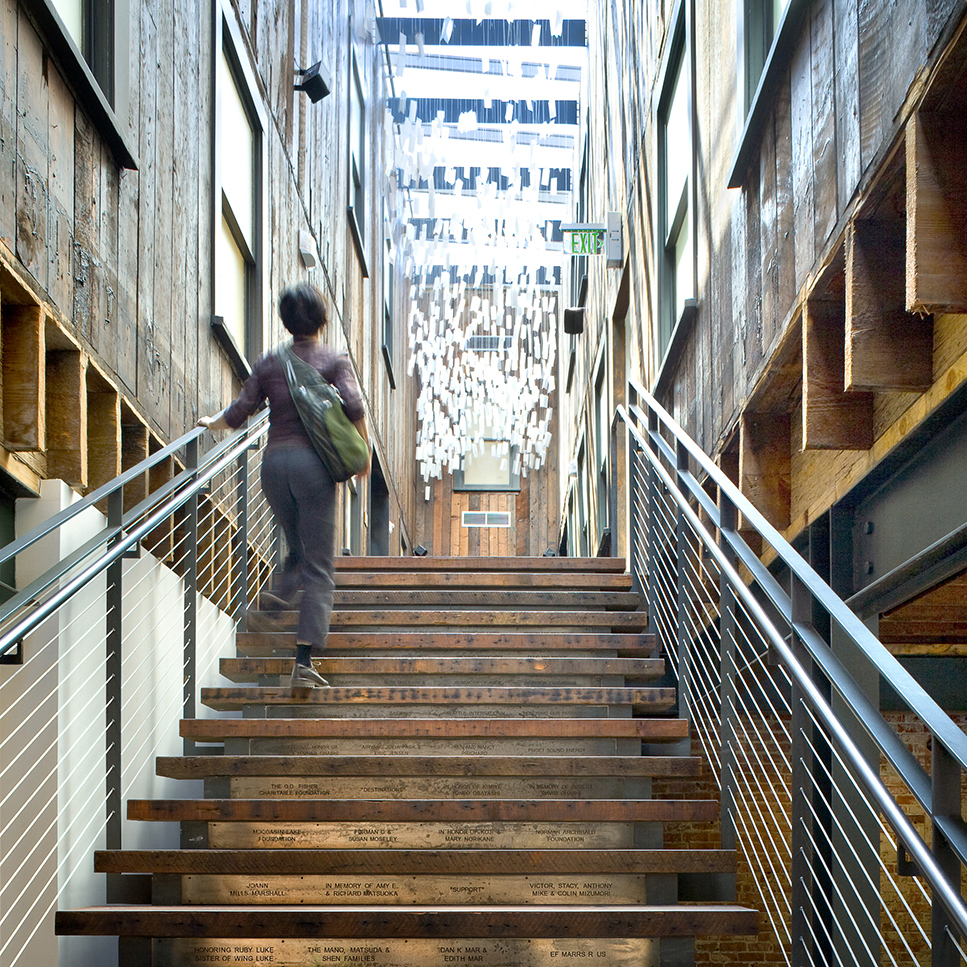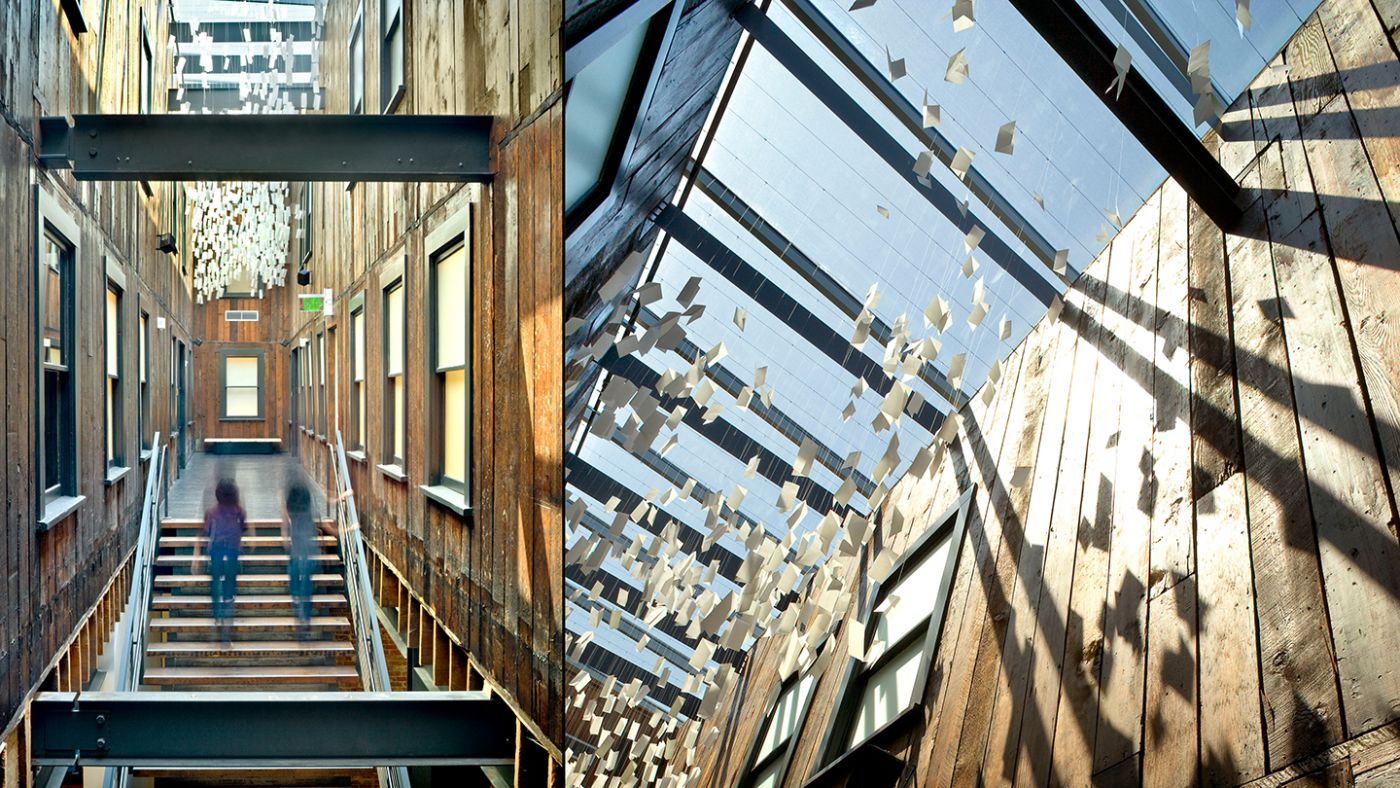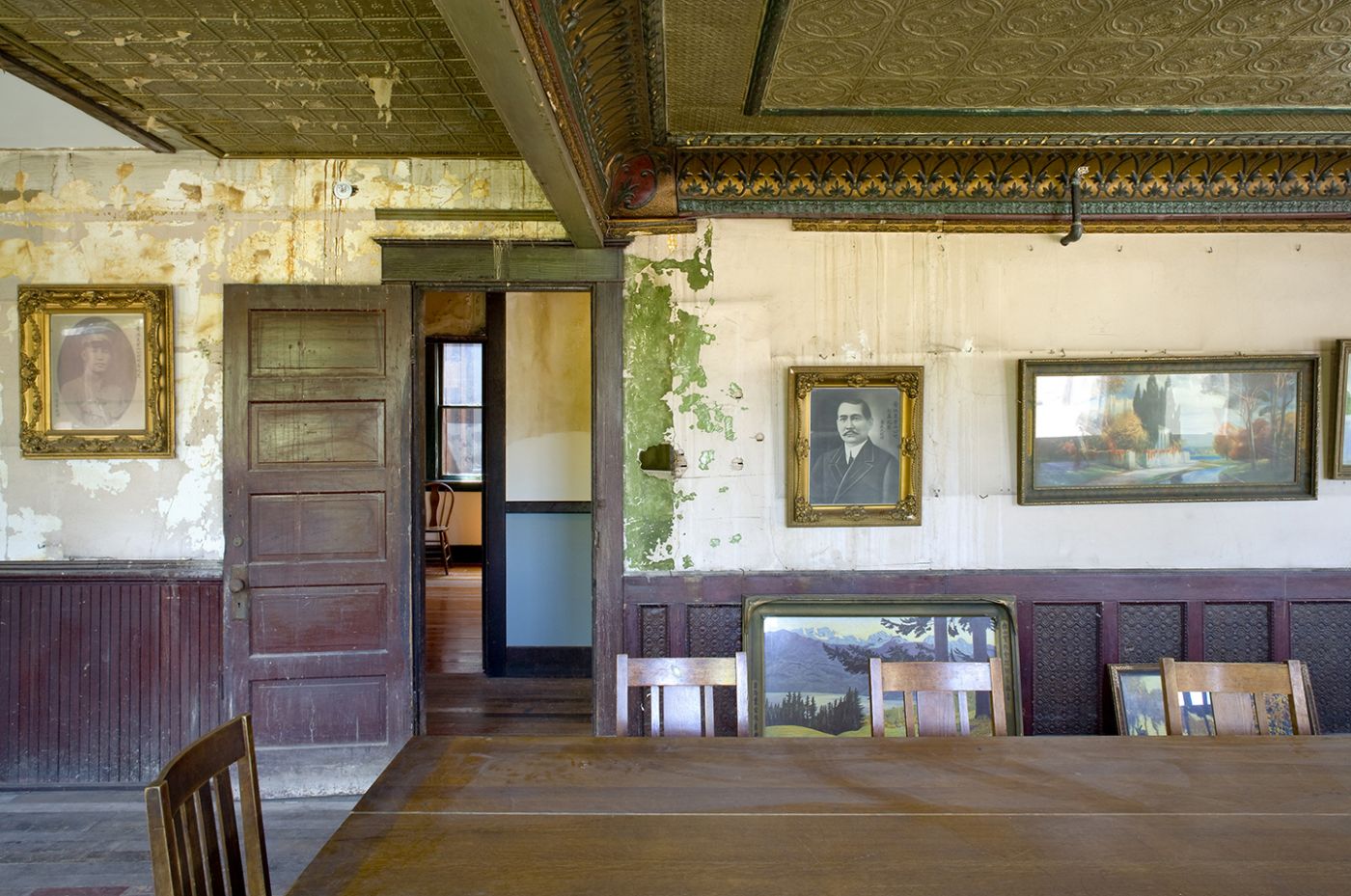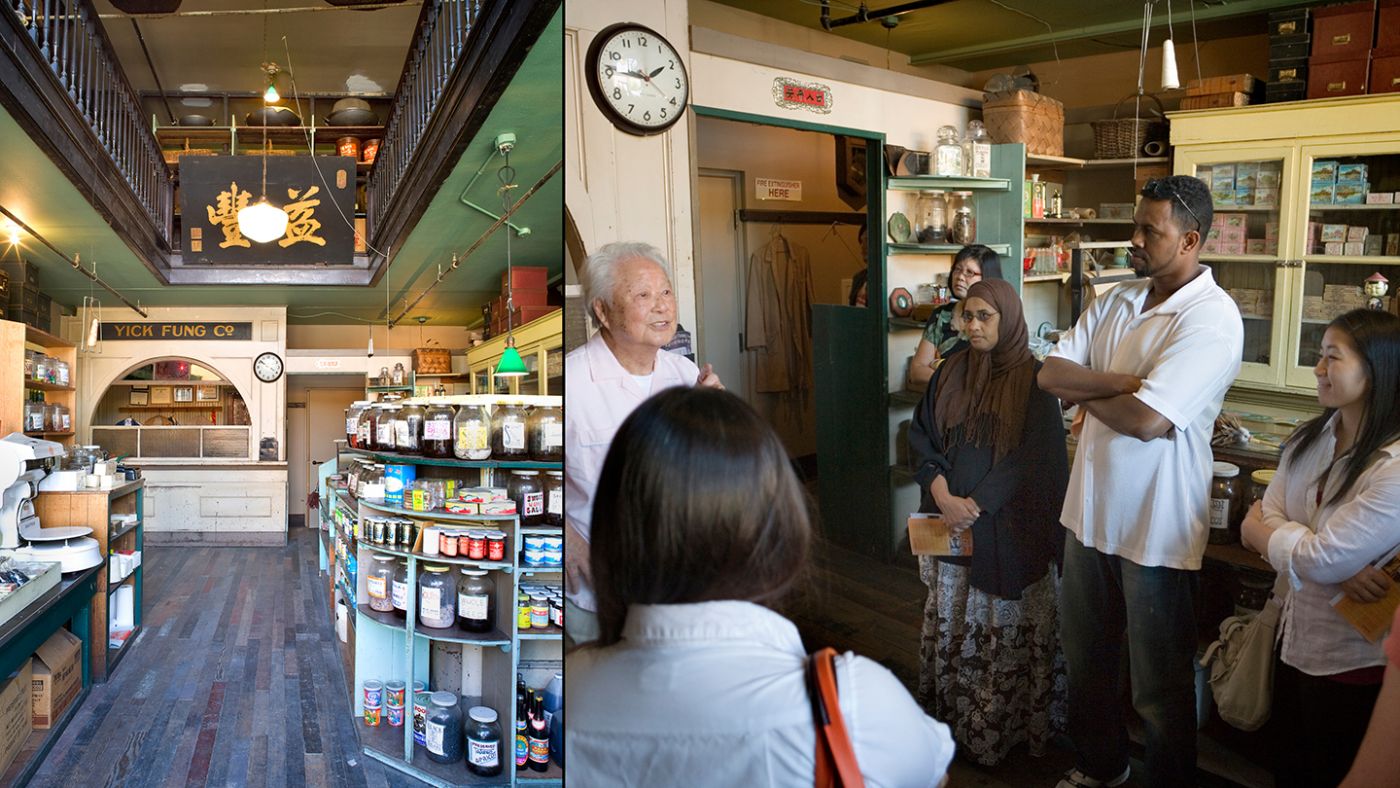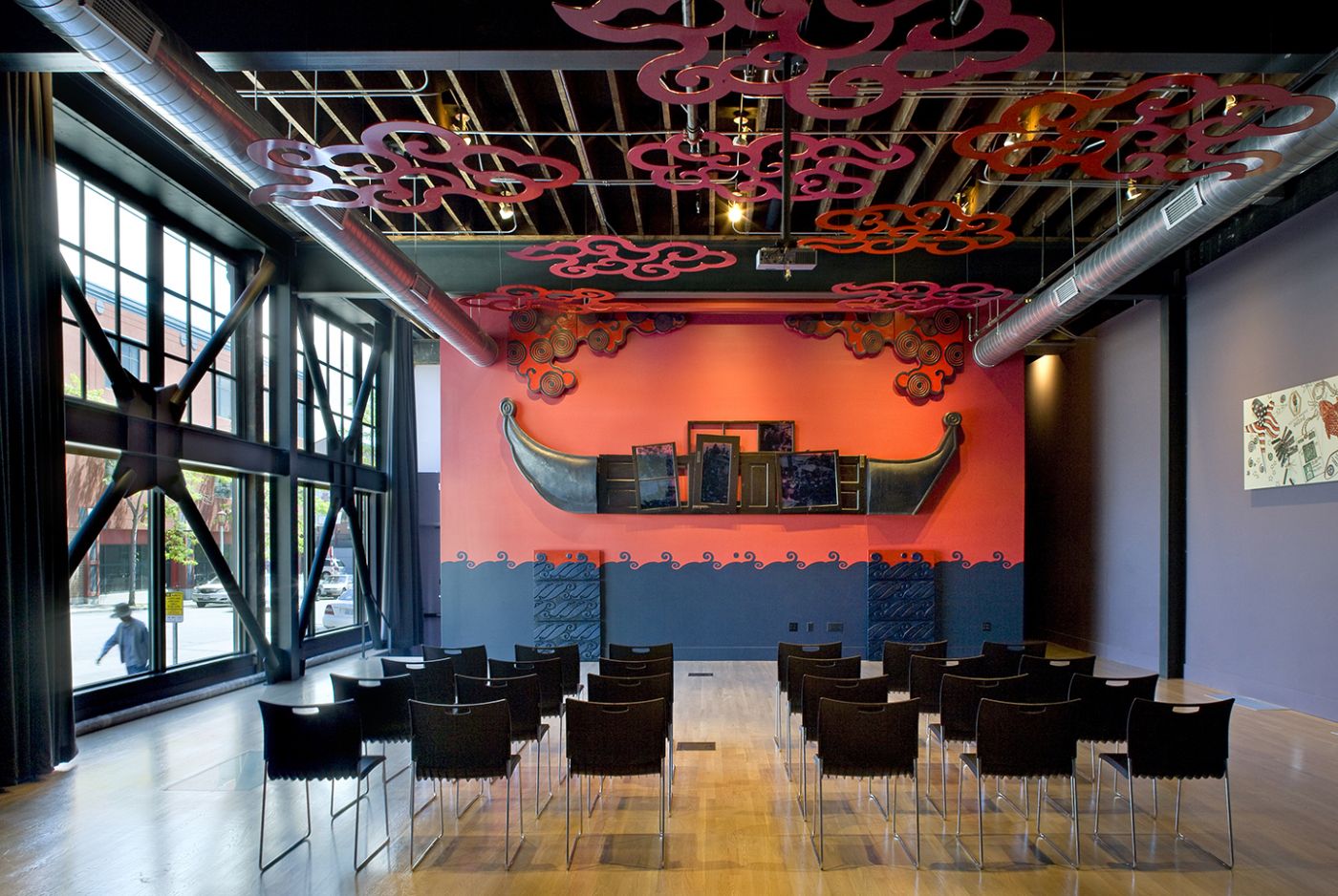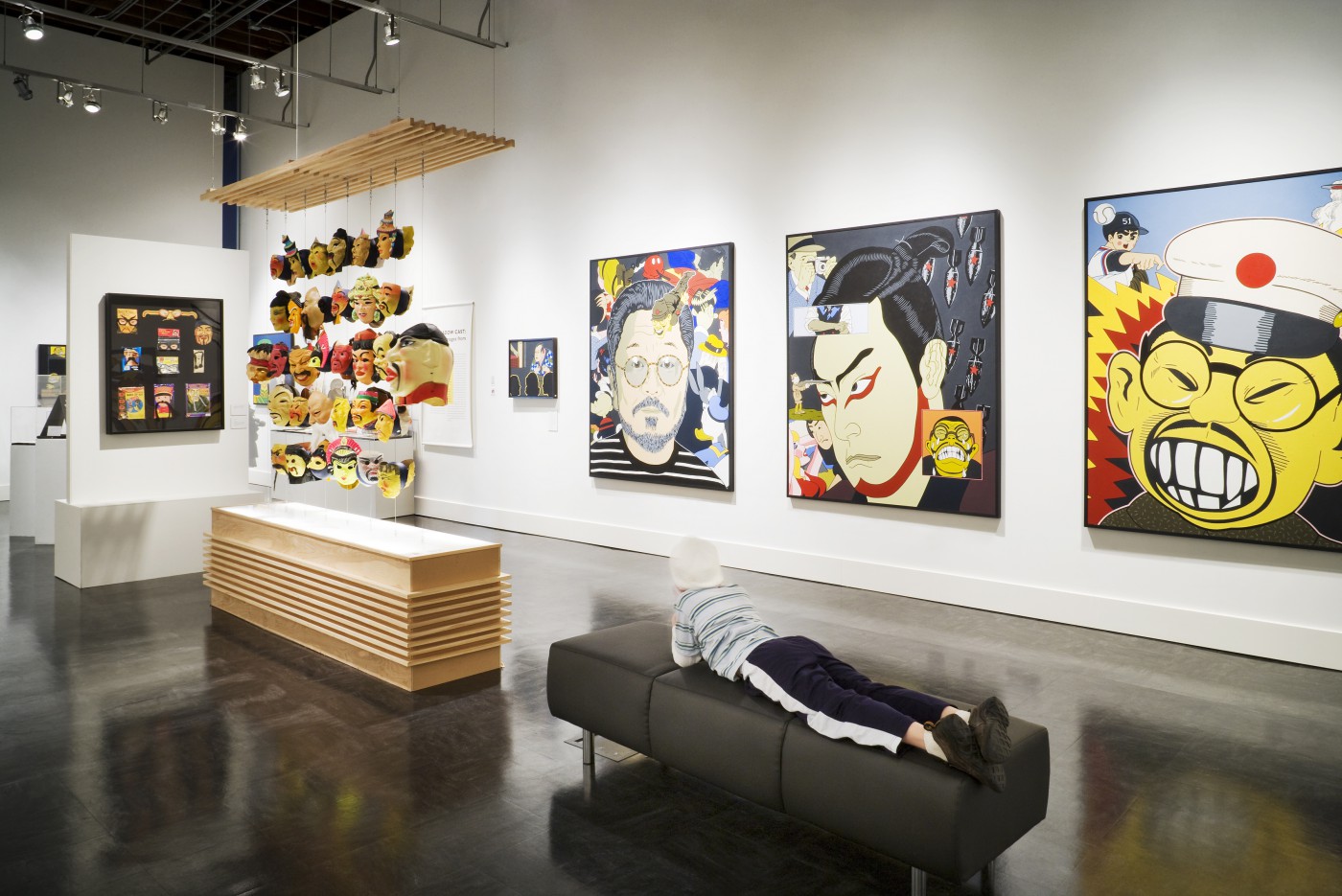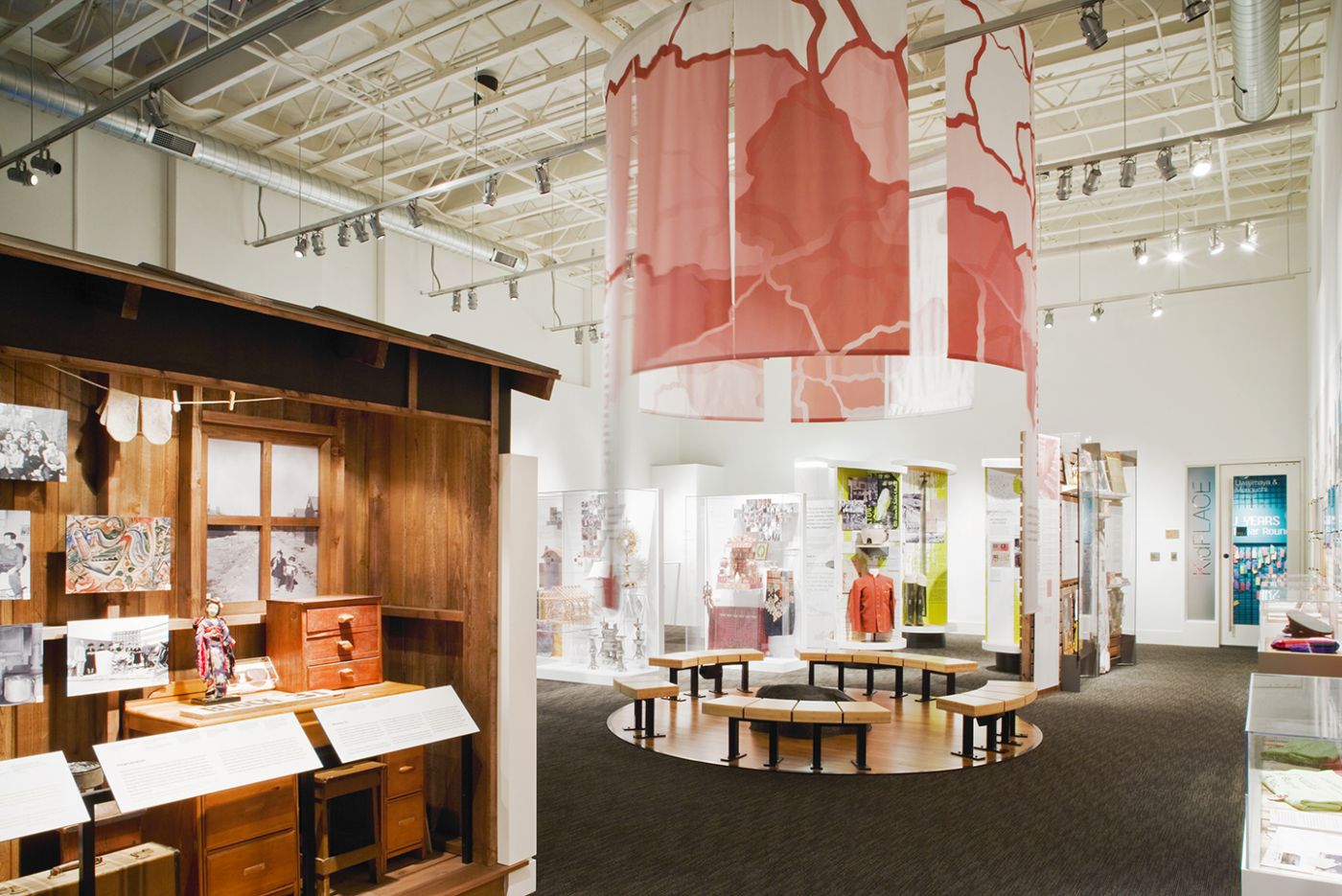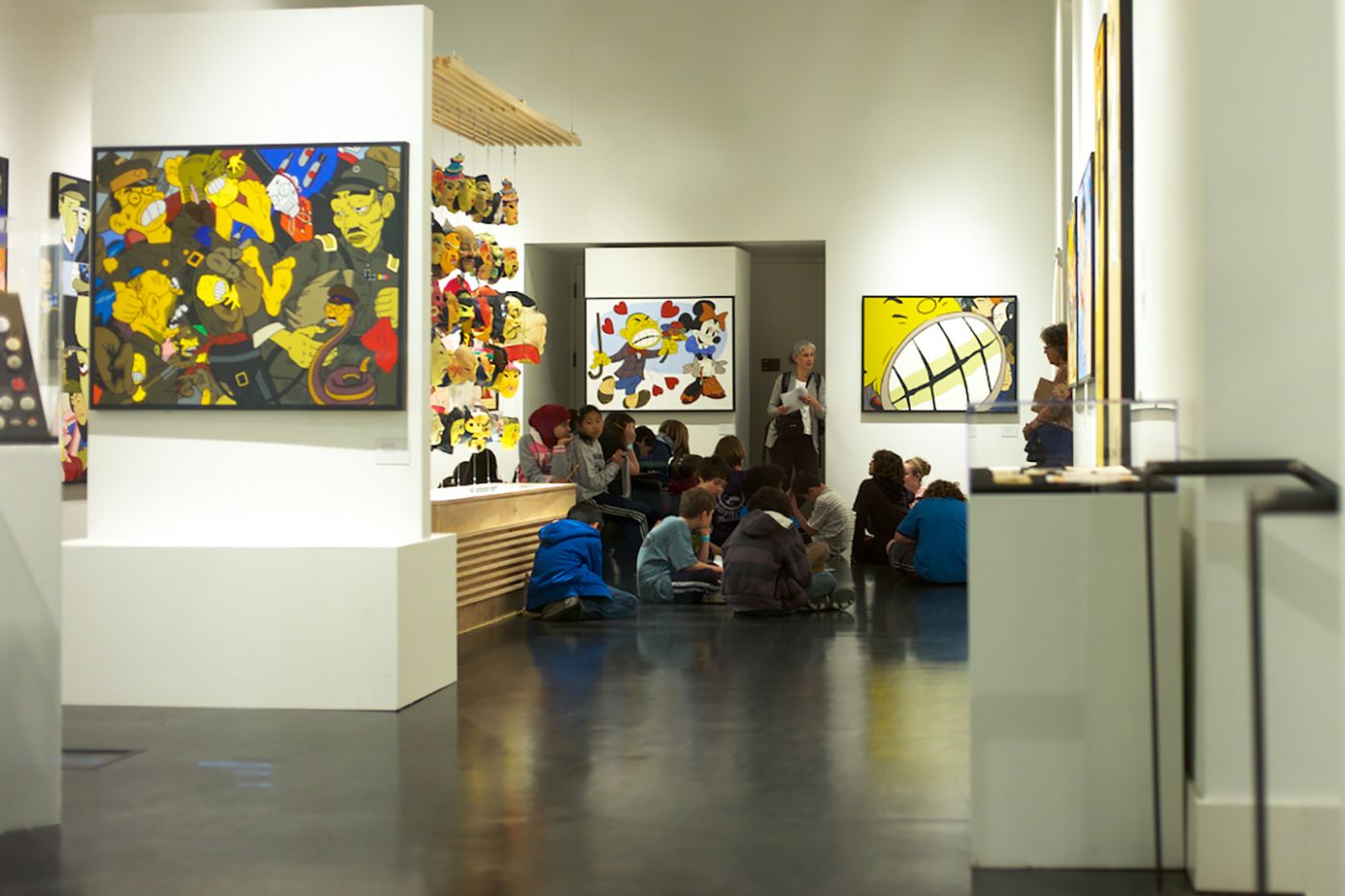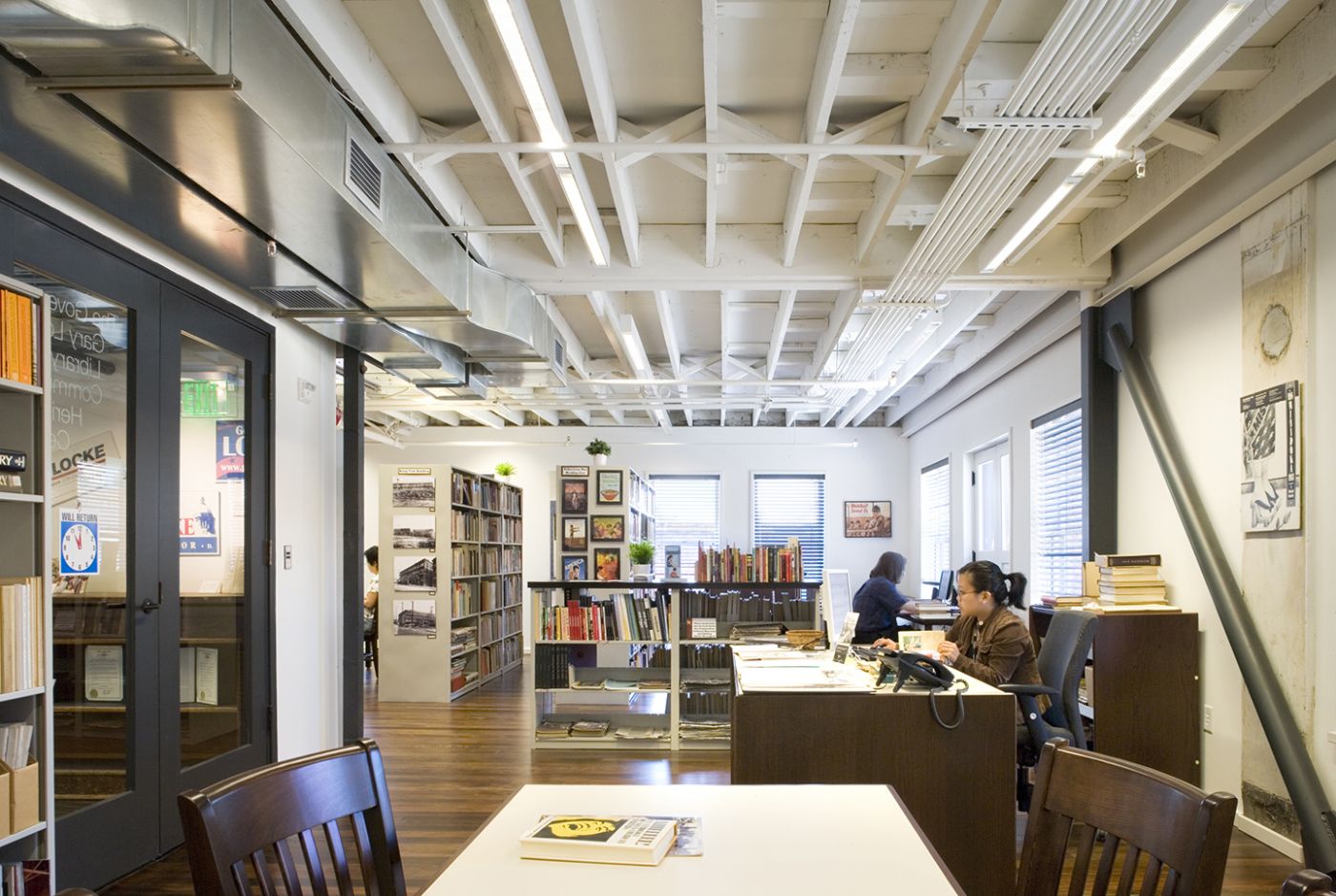Wing Luke Museum of the Asian Pacific American Experience
Empowering the neighborhood through community-centered design
With vivid and living histories in the structure itself, the Wing Luke Museum reframes and uplifts the Asian American experience one exhibit at a time.
The Wing stands in the heart of Seattle’s Chinatown-International District. Originally built as a hotel in 1910 by a group of Chinese immigrant men, the structure provided safe and culturally familiar housing and society to new Asian immigrants. Today, it memorializes this legacy by serving as both an internationally-recognized immersion museum, and a community center catering to and enriching its present-day Asian American neighborhood.
The Wing contains both traditional galleries and a series of flexible community spaces that have become a new center for Seattle’s Chinatown-International District. New and old are woven together in unique and innovative ways to highlight the layers of history contained within the original building. In addition, the building’s energy, HVAC, technological, seismic, and other systems were completely updated in the remodel to either meet or exceed modern codes, ensuring a safe and more energy efficient facility.
Team Rick Sundberg | Principal-in-Charge and Lead Designer while at Olson Sundberg Kundig Allen
Size 57,000 sf
Press + Recognition
Guilbert, Juliette. “Time Capsule: Rick Sundberg embraces a Seattle building’s history for the new Wing Luke Asian Museum.” Metropolis Magazine ● Lee, Evelyn. “The Beautifully Adapted Wing Luke Asian Museum” Inhabit.com, Oct 27, 2008 ● “Best of Puget Sound, 2008: unsung heroes and uncommon genius.” Seattle Times, Editorial section, Jan 9. 2009 ● Kellogg, Craig. “IIDA Awards: History in the Making.” Interior Design, May 2009. Pp. 136-137 ● “ARTchitecture: The World of Museums- the best buildings for art in focus.” Hinge Magazine, Vol 166, pp. 50-51 ● June 2009 Architectural Record ● Fischer, Annie. “Preserving History.” American Builder’s Quarterly May/June 2011: 83-93. Print. ● AIA Seattle Honor Award 2009 ● International Interior Design Award, International Interior Design Association (IIDA) ● Historic Seattle Preservation Awards | Best Adaptive Reuse 2009 ● Environmental Design Research Association and Metropolis Magazine | Great Places Award 2009 ● Seattle Design Center’s NW Design Awards 2008
Features
Renovation of history East Kong Yick building, Gallery, Auditorium, Atrium, Community spaces, Gary Locke Library


